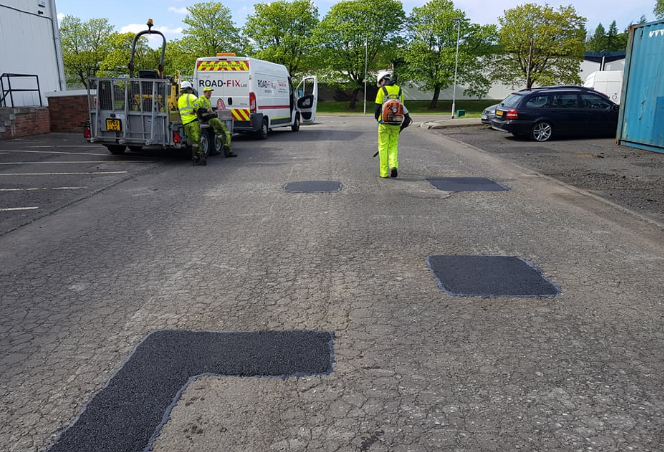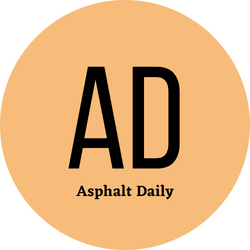Prioritizing Safety and Public Health: The Importance of Pothole Repair
by siteadmin

Potholes are more than just an inconvenience; they pose serious safety hazards and public health risks to motorists, cyclists, and pedestrians alike. Addressing potholes promptly is crucial not only for maintaining smooth and functional roadways but also for safeguarding the well-being of communities. In this blog post, we’ll delve into the safety and public health considerations of pothole repair and highlight the importance of proactive maintenance in creating safer and healthier environments.
Preventing Accidents and Injuries:
Potholes can cause accidents and injuries to motorists, cyclists, and pedestrians. Striking a pothole can result in loss of vehicle control, tire damage, or even collisions with other vehicles. For cyclists and pedestrians, potholes pose tripping hazards that can lead to falls and injuries. Prompt repair of potholes helps prevent accidents and injuries, reducing the risk of vehicle crashes, personal injuries, and property damage.
Minimizing Roadway Hazards:
Potholes create uneven road surfaces that can impede the flow of traffic and increase congestion, especially on busy roadways. Additionally, large potholes may require drivers to swerve or brake suddenly to avoid them, further endangering safety. By repairing potholes promptly, transportation agencies and municipalities can minimize roadway hazards, improve traffic flow, and enhance overall safety for road users.
Improving Accessibility:
Potholes pose particular challenges for individuals with mobility impairments, including wheelchair users and pedestrians with mobility aids. Uneven pavement surfaces can hinder accessibility and make it difficult for individuals with disabilities to navigate sidewalks, crosswalks, and other pedestrian pathways. Repairing potholes and maintaining smooth pavement surfaces is essential for promoting accessibility and ensuring equal access to public spaces for all members of the community.
Preventing Water Accumulation:
Potholes can collect rainwater, snowmelt, and other precipitation, creating standing water hazards that pose risks to public health and safety. Standing water in potholes can obscure road markings, hide other hazards, and increase the likelihood of hydroplaning for motorists. Moreover, stagnant water in potholes provides breeding grounds for mosquitoes and other pests, increasing the risk of vector-borne diseases. By repairing potholes and restoring proper drainage, municipalities can prevent water accumulation and mitigate associated health and safety risks.
Enhancing Community Well-being:
Well-maintained roadways contribute to the overall well-being and quality of life in communities. Smooth and safe streets promote active transportation, encourage outdoor activities, and foster social connections among residents. Conversely, neglected potholes can detract from community aesthetics, diminish property values, and erode public confidence in local government. Prioritizing pothole repair demonstrates a commitment to community safety and enhances residents’ satisfaction with their neighborhoods.
Pothole repair is not just a matter of road maintenance; it’s a critical component of ensuring safety and public health in communities. By addressing potholes promptly and proactively, transportation agencies and municipalities can prevent accidents, minimize roadway hazards, improve accessibility, and enhance community well-being. Investing in pothole repair is an investment in safer, healthier, and more livable communities for everyone. Let’s prioritize safety and public health by making pothole repair a top priority in our road maintenance efforts.
Potholes are more than just an inconvenience; they pose serious safety hazards and public health risks to motorists, cyclists, and pedestrians alike. Addressing potholes promptly is crucial not only for maintaining smooth and functional roadways but also for safeguarding the well-being of communities. In this blog post, we’ll delve into the safety and public health…
Recent Posts
- How to Prevent Mold and Mildew in Carpets During Chicago’s Wet Seasons
- Combining Traditional Medicine with Integrative Medicine for Better Results
- How to Minimize Wildlife Attractants Around Cleveland Homes
- Project X Concrete Solutions Revolutionizes the Industry with Premium Metallic Epoxy Floors in St. Paul and Commercial Concrete Projects in Miami
- Concrete Repair Bismarck – The Leading Solution for Concrete Leveling and Repair in Bismarck, ND
